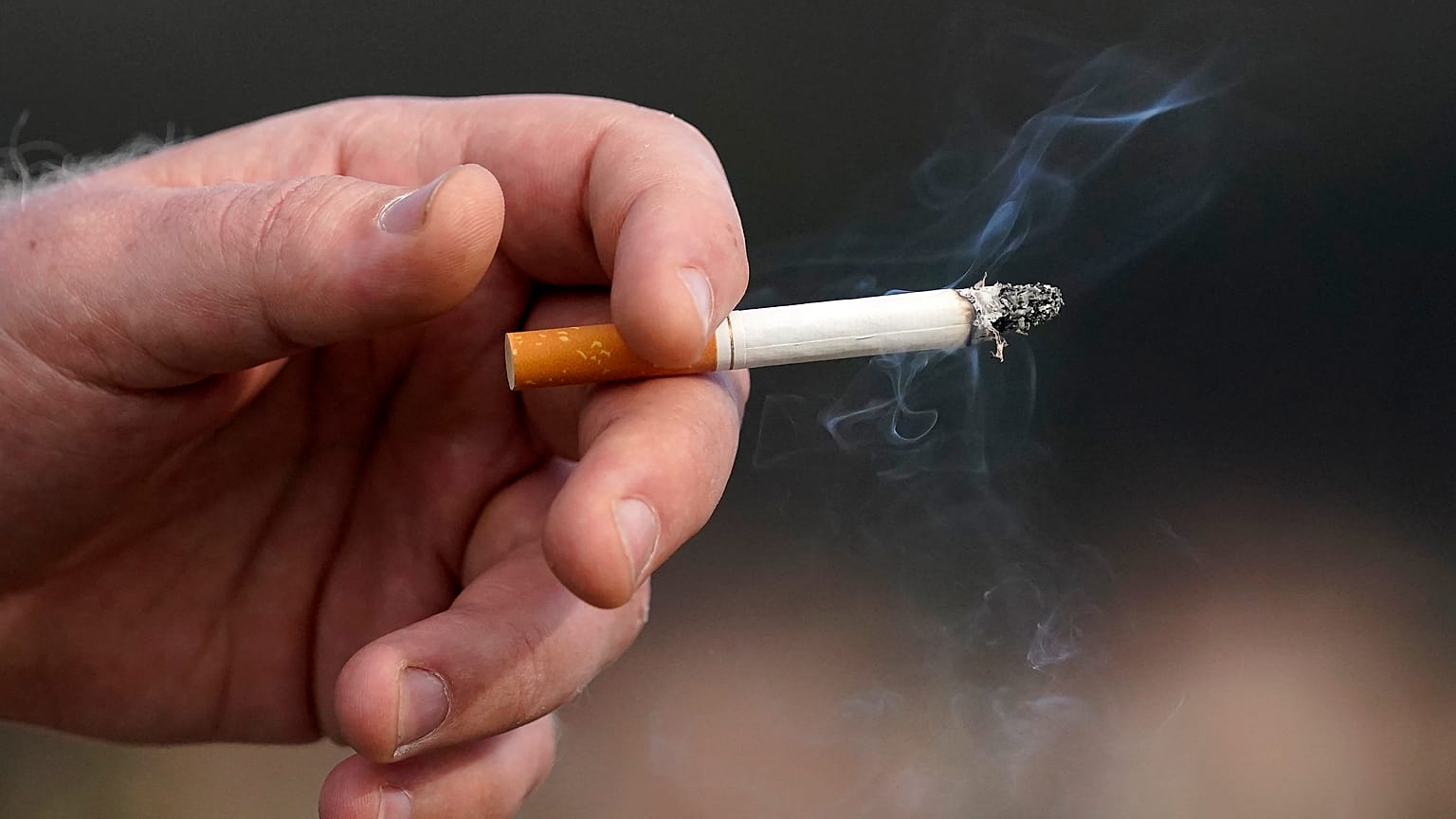"People aged 14 when the law comes into effect will never be able to legally purchase tobacco," a top health official said on Thursday.
New Zealand plans to increase the purchase age for cigarettes in a bid to become a "smokefree nation".
The Smokefree Action Plan introduced by the government on Thursday plans to slowly increase the purchase age from 18 currently to 21 or 25 by 2025.
The government argued this will make it harder for teenagers under the age of 18 to be exposed to older pupils who smoke and to access cigarettes, citing research that states that 80% of smokers start before the age of 18 while nearly 97% start before they turn 25.
“This is a historic day for the health of our people,” Associate Minister of Health Dr Ayesha Verrall said in a statement.
“We want to make sure young people never start smoking so we will make it an offence to sell or supply smoked tobacco products to new cohorts of youth. People aged 14 when the law comes into effect will never be able to legally purchase tobacco," she added.
Other measures the government wants to roll out to curb smoking include reducing the number of shops allowed to sell tobacco products; decreasing nicotine levels in smoked tobacco products to make them less addictive and help people quit; and banning the sale of cigarettes with filters as some people who smoke are "under the misconception that filters mitigate the harm of smoking."
“Smoking rates continue to head in the right direction but there is a lot more mahi (work) ahead of us," Population Health and Prevention Group Manager Jane Chambers said.
"Smoking kills approximately 4,500 to 5,000 people every year in New Zealand – that is around 12 to 13 deaths every day due to smoking or exposure to second-hand smoke. Smoked tobacco products take too many lives, and the impacts disproportionately affect Māori and Pacific people."
"We must move swiftly and strategically to address these marked inequities and the disastrous impacts of smoked tobacco products so tamariki (children), rangatahi (young people) and our future generations are protected from harm.” she added.
The Action Plan notes that most of the measures being considered have not been tested elsewhere and that New Zealand would be the first country in the world to introduce them.
The bill will be put before Parliament in mid-2022 and if passed, could come into effect on January 1, 2023.















